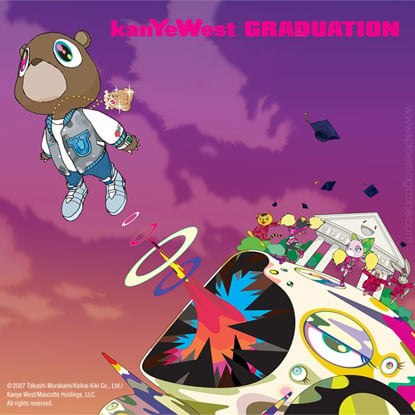TheSecretWeapon wrote:DCZards wrote:TSW, I’m not suggesting that the Zards FO didn’t make a mistake in thinking there was still a chance to make the playoffs. (Of course, it’s always easier to argue in hindsight that it was a mistake.)
But I don’t think it was necessarily a mistake for the Zards to not trade Sessions to a playoff team in some sort of fire sale. It's very likely that the best “value or asset” that the Zards would have received from a playoff-bound team for Sessions would have been a late second round draft pick. A re-signed Sessions is arguably worth valuable than that pick.
Plus, for all I/we know, the Zards might have indeed tried to trade both Sessions and Dudley before the deadline.
Gotcha. And fair points. I wasn't advocating a fire sale myself, even though I thought the playoffs were unlikely. And I'd be fine with Sessions and Dudley returning next season, though they would surely be very low priorities. And they'd have to be in roles appropriate to their games/abilities. In other words: not starting Dudley at PF. They're both headed for the wrong side of 30, but they should be contributors for the next season or two.
Sessions is an unrestricted free agent starting tomorrow evening. Trading him wouldn't have meant getting "a late second round pick" *instead* of him. We don't have him. Besides, who says we'd get so little for him?
Not to mention that once you've established the notion that we'd get (in effect) nothing for him, then *of course* your argument not to trade him holds water. It's a circular argument.
And, if I remember rightly (correct me if I'm wrong), you made more or less the same argument in re: the trade for Markieff Morris. A late lottery pick, according to you, wasn't going to yield as good a player as Markieff Morris -- therefore trading such a pick for Morris was a good idea. Sure. Accept the premise, and you have to accept the conclusion -- since the premise in fact includes that conclusion!
Ditto your statement that "it’s always easier to argue in hindsight that (something) was a mistake." Actually, the *only* time you can argue that something was a mistake is in hindsight.
Of course, that hindsight can happen one minute after the event itself. I, and a bunch of others here, said *immediately* that this was a terrible trade. And that's what it was. We aren't right "in hindsight" -- we're just right, period.
If you follow your usual pattern, your next response will be "we won't know whether this was a good trade for a year or so." No, sorry. A bad trade now and forever.
And anyway, when that day in "a year or so" comes and I or someone else says "what a crap trade that was!" I assume your response would be -- as it has been in such situations the whole time I've been on this Board -- to say "why focus on the past and bring up all that stuff no one can change. Why not focus on now and on the future?"
Do you recognize this pattern? No criticism intended, but it does seem to match the attitude you've taken.














